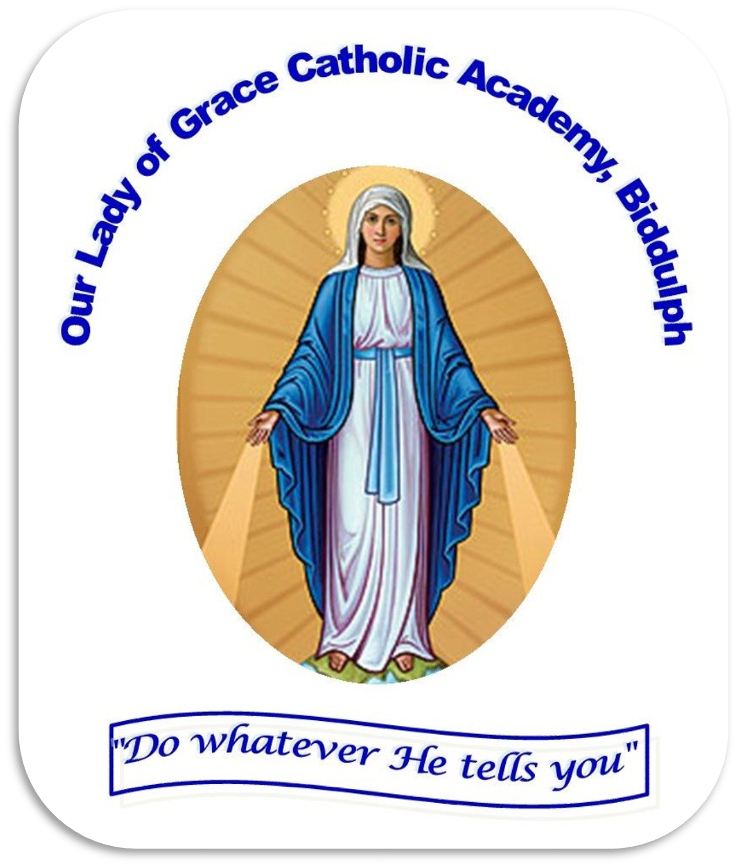Rocks
|
ROCKS (CHEMISTRY) |
||||||||
|
Statements in red are linked from other topics |
||||||||
|
Progression in Scientific knowledge, concepts & skills |
EYFS (Early Learning Goals) |
Year 1 |
Year 2 |
Year 3 |
Year 4
|
Year 5 |
Year 6 |
KS3 |
|
Concepts Structure Cause and effect Changes Similarity and Difference
Working Scientifically
|
Children know about similarities and difference in relation to places, objects, materials and living things.
Children talk about features of their own immediate environment and how environments might vary from one another
Children make observations of animals and plants and explain why some things occur and talk about changes |
Distinguish between an object and the material from which it is made
Identify and name a variety of everyday materials, including wood, plastic, glass, metal, water, and rock
Describe the simple physical properties of a variety of everyday materials
Compare and group together a variety of everyday materials on the basis of their simple physical properties. (Materials)
|
Identify and compare the suitability of a variety of everyday materials, including wood, metal, plastic, glass, brick, rock, paper and cardboard for particular uses (Materials)
|
Compare and group different types of rocks (appearance and simple physical properties)
Describe how rocks and fossils are formed in simple terms
Know that soils are made from rocks and organic matter
|
|
|
Recognise that living things have changed over time and that fossils provide information about living things that inhabited the Earth millions of years ago (Evolution and inheritance)
|
The composition of the Earth.
The structure of the Earth.
The rock cycle and the formation of igneous, sedimentary and metamorphic rocks.
|
|
Possible learning questions |
|
|
|
What do rocks tell us about the way the Earth was formed?
|
|
|
|
|
|
|
